Election Officials, Voting Information Project Prepare as 2016 Cycle Begins
With the Iowa caucuses and New Hampshire primary over, the presidential campaign now moves into the heart of the primary schedule. Thirty-one states will hold elections in the next five weeks, and millions of voters will need to know where to vote and what’s on their ballots.
The Voting Information Project (VIP), a project of The Pew Charitable Trusts, is a partnership with the states and Google to ensure that U.S. voters have the official information they need to cast ballots, such as polling location and ballot information. In 2016, the project will provide this critical data for more than 70 elections, including the upcoming presidential primaries and general election, statewide primaries in 40 states, runoffs where applicable, and dozens of local and municipal races across the country.
VIP provides applications and tools to state and local governments, third-party organizations, voters, and any other interested parties to make providing and accessing vital information easier and faster:
VIP voting information tool: An easily embedded, mobile-optimized, customized tool that provides polling place information as well as ballot information where available. In 2014, the offices of the California and Iowa secretaries of state, the New Jersey Division of Elections, and the Los Angeles County Registrar-Recorder/County Clerk embedded the tool.
Short Message Service (SMS) tool: Voters can text “VOTE”—or, for Spanish speakers, “VOTO”—to GOVOTE (468683) to receive polling place hours and location, contact information for a local election official, and a registration website link.* The tool is available to all interested organizations at no charge, and voting information is provided in English, Spanish, Chinese, Hindi, Japanese, Khmer, Korean, Tagalog, Thai, and Vietnamese. The New Jersey Division of Elections and the Los Angeles County Registrar-Recorder/County Clerk were among the state and local elections offices that promoted the service to their constituents in 2014.
White-label iOS and Android applications: These mobile applications provide polling place information and ballots in English and Spanish. They can be customized, branded, and released by state and local governments, candidates, campaigns, or third-party organizations. Kansas was the first state to brand and release one of the apps as its own: VoteKansas. Connecticut and North Carolina also released branded versions of the iOS and Android apps for the 2014 election.
Secretaries of state and state election directors from across the country will convene today in Washington to kick off the winter meetings of the National Association of Secretaries of State (NASS) and the National Association of State Election Directors (NASED). Ensuring that voters get accurate, up-to-date voting information in this election year will be a major topic of discussion for both organizations. Also on the NASS and NASED agendas are:
Presidential election year preparation and what to expect on Election Day.
The role of third-party voter registration groups in 2016.
The impact of U.S. Postal Service performance on mail voting.
*By sending a text message to Pew, you consent to receive voting information via texts from an automated system. This is a free service, but standard text message rates may apply. You may revoke consent by contacting Pew, including by texting STOP.
This post was previously featured on Pew’s Election Data Dispatches. The Data Dispatches provide data, research, and analysis about election administration in the U.S. Follow future Data Dispatches on Twitter using #electiondata and get the latest data dispatches, research, and news by subscribing today.
